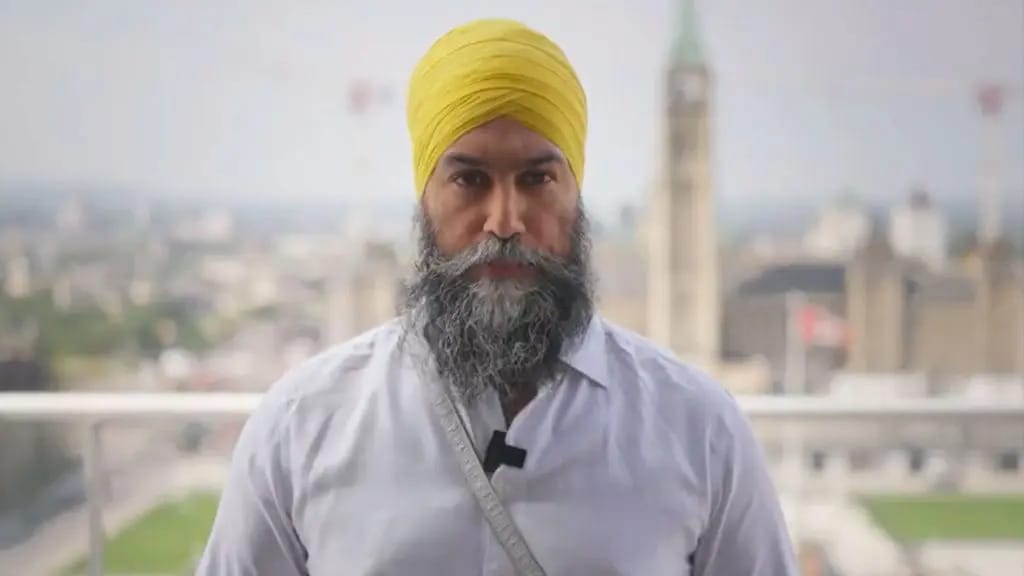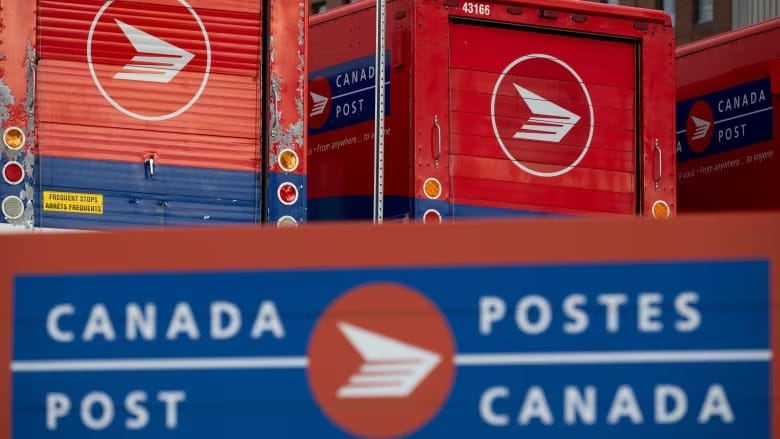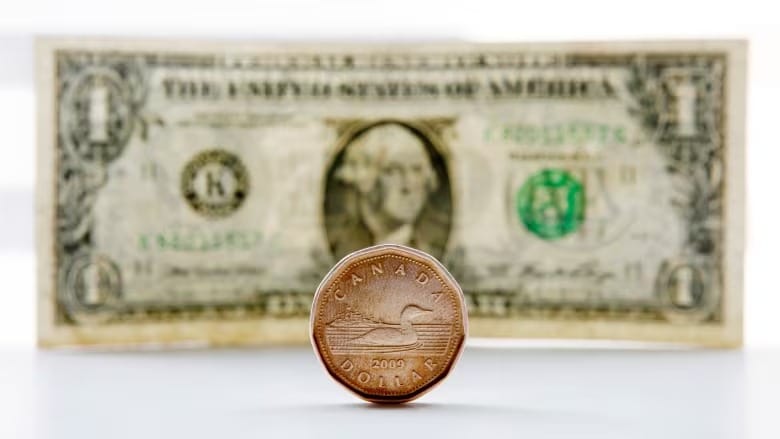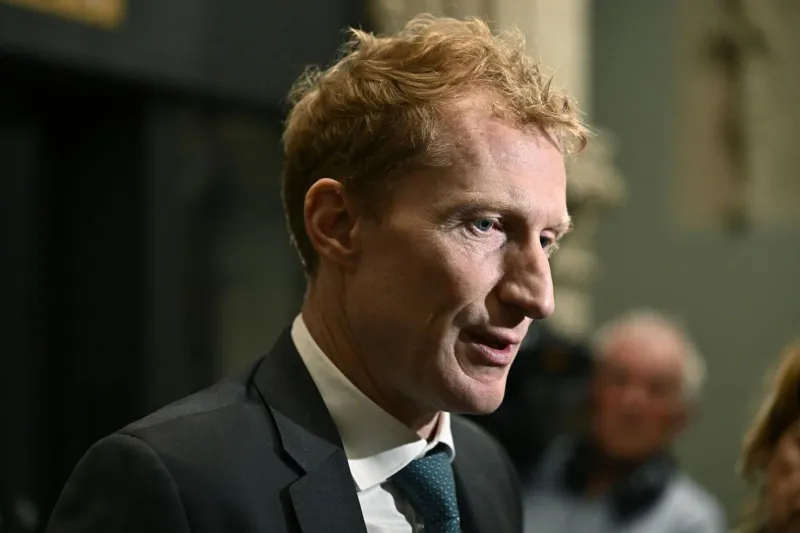NDP withdraws from the Liberal government's supply-and-confidence arrangement
“Today, I have notified the prime minister that I have ripped up the supply-and-confidence agreement,” Singh declared. “Big corporations and wealthy CEOs have had their government. It’s the people’s time.”

The federal New Democrats have withdrawn their support from the supply-and-confidence agreement with the Liberal government.
This action places Prime Minister Justin Trudeau’s minority government at risk of collapse if it fails to secure the necessary confidence votes, potentially leading to a snap election as early as this fall.
In a video released by the NDP on Wednesday, NDP Leader Jagmeet Singh criticized the Liberals for disappointing the public and failing to confront "corporate greed."
Singh presented the NDP as the only party capable of stopping the rising Conservative Party from winning the next election, contending that the Liberals are "too weak, too selfish and too beholden to corporate interests to fight for people."
“Today, I have notified the prime minister that I have ripped up the supply-and-confidence agreement,” Singh declared. “Big corporations and wealthy CEOs have had their government. It’s the people’s time.”
The House of Commons is scheduled to resume from its summer break on September 16. Following that, the NDP will be voting on government bills on a "case-by-case basis," according to a party official who spoke with Global News.
The official revealed that the video was filmed some time ago and that the decision to withdraw from the agreement has been under consideration for months.
The primary reason for the decision was a "fundamental difference in values on corporate greed" between the two parties. The official requested anonymity to discuss internal discussions about the decision.
No NDP representatives were available to comment to the media on Wednesday.
Conservative Leader Pierre Poilievre, who had previously called on Singh to end the agreement, dismissed Wednesday’s announcement as a "media stunt" and criticized Singh for not committing to a non-confidence vote.
Several bills are still pending in the House that would require support from the NDP or another party to pass.
These include the Online Harms Act, legislation related to rail and port safety, airport standards, expansion of advance voting, and changes to the military justice system, including how it addresses sexual misconduct cases.
A potential confidence vote could arise from the fall economic statement, typically delivered in October or November.
Confidence votes can also be initiated by the opposition declaring a lack of confidence in the government or by the government designating any matter as a confidence issue.
At an announcement in Newfoundland and Labrador on Wednesday, Trudeau did not comment on the likelihood of an imminent election, stating only that a vote “will come in the coming year, hopefully not until next fall.”
“I am not focused on politics,” Trudeau stated, emphasizing the government's efforts to lower costs for Canadians. “I’ll let others focus on politics, but I really hope the NDP stays focused on how we can deliver for Canadians, as we have over the past years, rather than focusing on politics.”
Trudeau did not disclose the details of his conversations with Singh leading up to Wednesday’s announcement but expressed a desire to continue collaborating with the NDP on legislation.
The NDP entered into the supply-and-confidence agreement with the Liberals in 2022, following the Liberals’ return to a minority government in late 2021.
Unlike coalition governments, where members from different parties serve together in the cabinet, supply and confidence deals involve one party supporting another's government in exchange for backing key priorities.
Under this agreement, the NDP agreed to help keep the Liberals in power until the next scheduled election in 2025, in return for the government supporting major NDP goals.
The deal has enabled the NDP to achieve legislative successes on pharmacare and dental care, two of its major platform promises.
However, Singh and his caucus have criticized the Liberals for not addressing rising corporate and executive profits amid the cost-of-living crisis.
The government has not acted on calls to tax excess profits or increase corporate taxes.
The NDP has also condemned the government's intervention in the recent labor dispute that led to a rail shutdown, accusing the Liberals of undermining union negotiations.
Singh had previously avoided committing to withdrawing from the agreement over the labor dispute but accused Trudeau of siding with corporations over working Canadians.
Additionally, the NDP has been critical of the government’s handling of the Israel-Hamas conflict, despite the Liberals supporting a motion to freeze additional arms sales to Israel earlier this year.
Pressure has been mounting on Singh to end the deal, particularly from the Conservatives, who are leading the Liberals in polls by double digits.
An Angus Reid survey released on Wednesday shows the Conservatives leading the Liberals 43 to 21 percent, a significant increase from 2022. Support for the NDP remains relatively unchanged at 19 percent.
In June, nearly 70 percent of Canadians polled by Ipsos for Global News believed Trudeau should resign. Ipsos also found that 70 percent of Canadians think “Canada is broken,” a sentiment often expressed by Poilievre, especially among younger Canadians who have shown increased support for the Conservatives.
The Conservatives have sought to link the NDP to the unpopular Liberals by referring to the supply-and-confidence agreement as a “Liberal-NDP coalition.”
Last week, Poilievre held a press conference and sent a letter to Singh demanding he withdraw from the agreement and trigger a “carbon tax election.”
Poilievre has also accused Singh of staying in the deal merely to qualify for a government pension, which requires six years in office.
Singh, who became an MP on February 25, 2019, would reach that benchmark in early 2025.





